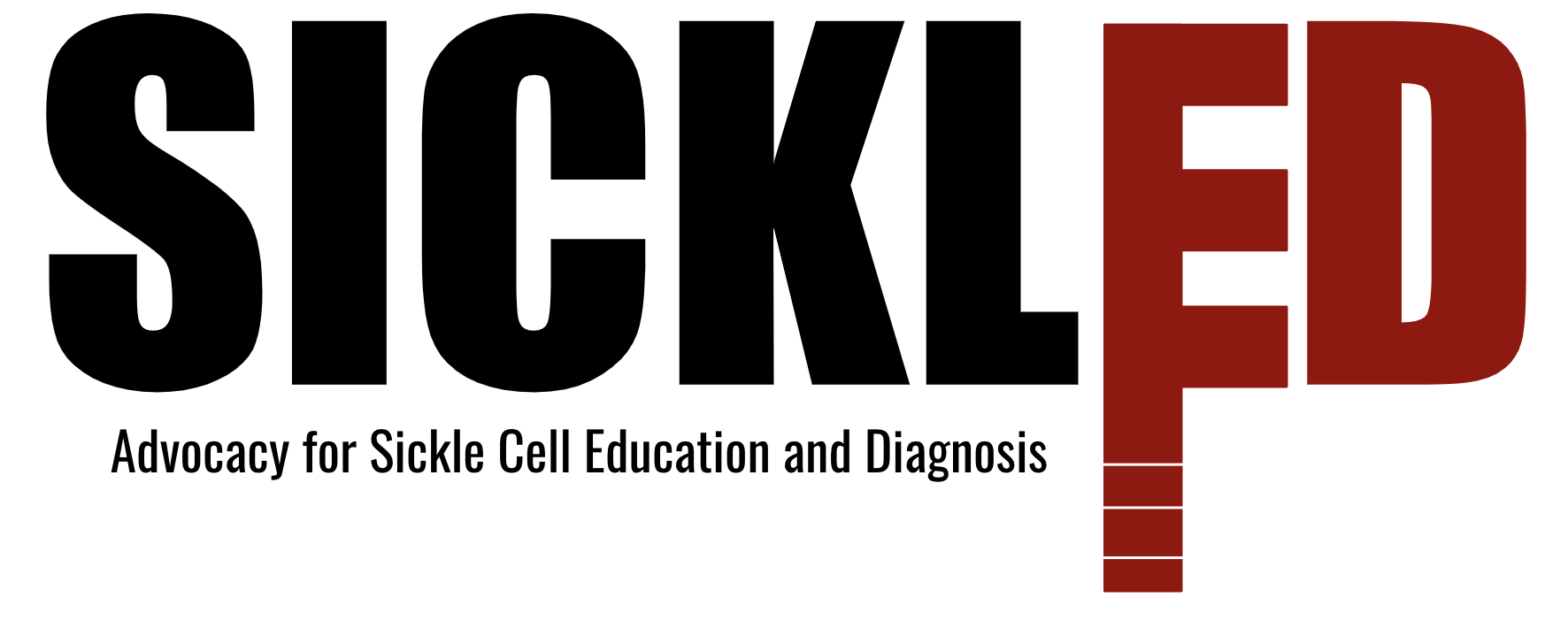With our eggs in a row, we set out to fully prepare for our meeting with the CMO. In order to get some momentum, we began drafting a document that outlines the roles and responsibilities of SicklED versus the roles and responsibilities of our implementing partner. If the meeting goes well and the CMO is on board with our plans, we will have a predetermined layout for what is to happen next. Each of us contributed a small description as well as what we expect from Sierra Leone versus what we are able to provide. Additionally, as we prep, we began building a top-tier presentation to be used at the meeting and a complimentary portfolio to go with it. Ideally, by the meeting, we will have the portfolio printed and laminated into a booklet that can be used to follow along with everything else.
In the early afternoon, SicklED finally performed their first in-person trials. With the generous donations of Dr. Cheng and another student, some additional test strip trials were run on the spot. Using a lancet, our professional finger pricker obtained the sample and we added it to a blood lysis buffer. After some time, the samples were run using a well plate, as the device is not ready for field testing but is for whole blood trials. Dr. Cheng’s results showed a consistent pattern of nonspecific binding which was relatively expected. However, the student’s blood showed a general trend towards specific binding… heavily confounding our team and what we expected. There was one strip of the four that showed nonspecific but the others all seemed specific. The lines were still extremely faint regardless, meaning we had more development to go through anyways. That result was desired but the next step is consistency and reproducibility.
At 4:00, we had a meeting with SHAFS here in Makeni. For the duration of the time, we updated SHAFS on all of the work we had accomplished since our original meeting. They provided excellent feedback as we continued to improve upon our materials. As the conversation continued, we moved into talking about networking. After talking to so many advocacy groups, the disconnect between them was startling. SicklED, at the end of each of our talks, requested the consent of these advocacy groups to provide their contact information with others. With the ability to travel and network, SicklED can work as the catalyst for uniting the many efforts across the country. By the end of this year’s fieldwork, we hope that all three of our major partner advocacy groups will be able to communicate freely, sharing materials and unifying efforts/programs. The more support these groups can provide to each other, the more support people sickle cell patients will receive.
One concept that was brought up to us, as we had tried this before and failed, was that Sierra Leone is still in a state of survival. Humans, as part of our nature, survive with reliance on our intelligence and problem solving skills. One part of the culture here is that knowledge truly is power, making people less willing to share information or collaborate. The lack of connection may not only be due to distance and lack of travel but also attributed to the cultural phenomena. Sierra Leone’s dynamics are drastically different from the norms of other places, especially those in America.
To wrap up the meeting, we requested their help in creating one of our materials. Working with one of our other teams, we are trying to develop an informational video directly from a sickle cell patient to be incorporated in some of our resources, namely our educational materials. This was a great way to end such a momentous day for our team.
